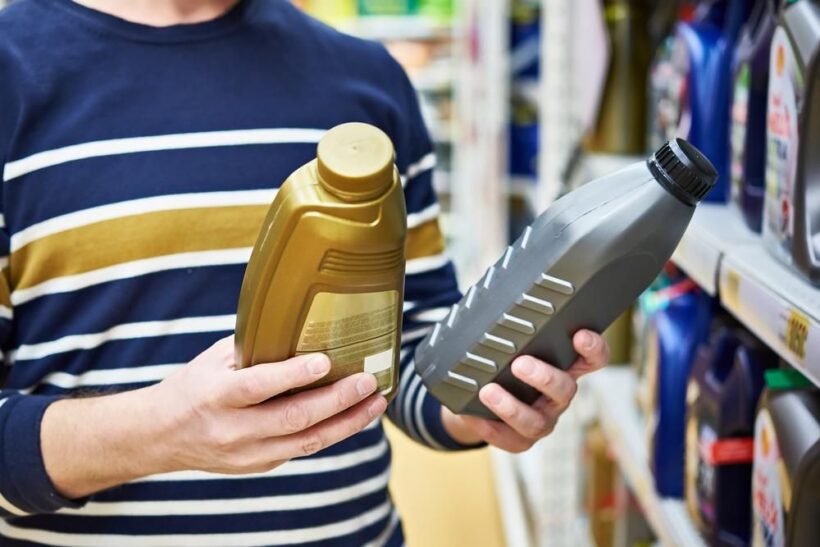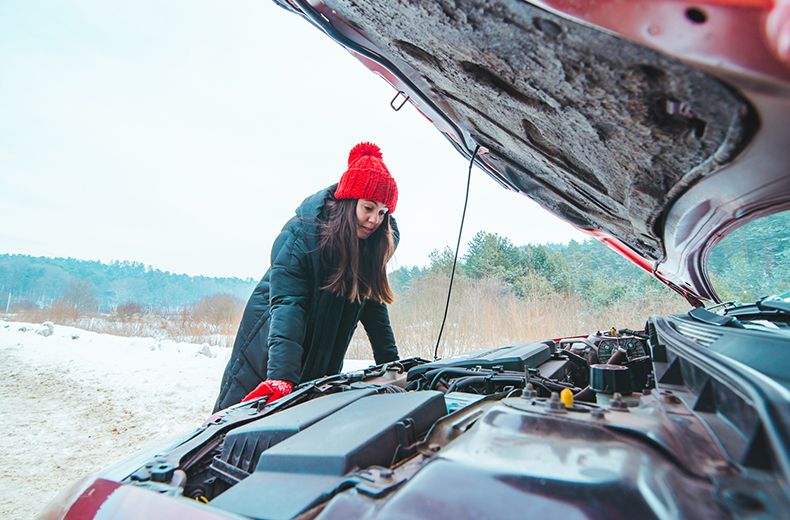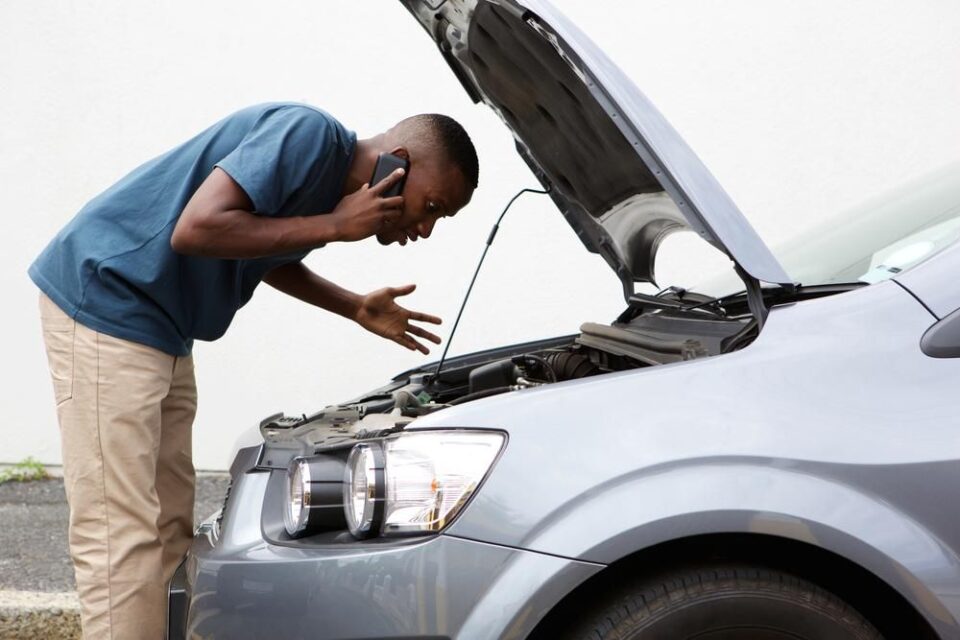Owning a car comes with a great deal of responsibility. Between work, paying your bills and taking care of your family, it’s easy to fall behind on everything that goes into maintaining a vehicle. According to the National Highway Traffic Safety Administration (NHTSA), poor vehicle maintenance on the part of car owners causes around 45,000 accidents per year. Bad driving habits and ignoring important warning signs that your vehicle needs to be repaired will slowly destroy the vehicle. This leads to costly repairs and unsafe driving. Here’s a list of eight of the worst things you can do for your car or truck:
Depriving Your Engine of Fluids

Every vehicle needs an adequate supply of fluids to generate power, including fuel, high-quality oil, coolant, and antifreeze. You need to refill and change out these fluids at regular intervals based on the manufacturer’s guidelines.
Filling up the tank with fuel will get your car moving, but the engine needs to pressurize the fuel to convert it into mechanical power, which means spraying it as a fine mist. The injector pump sends fuel to the combustion chamber based on how much is needed to power the engine. If the pump is faulty or the fuel is clogged in the system, it will slowly suffocate the engine and leave behind unburnt fuel deposits that will make the problem worse. Replace the injector pump if fuel pressure is low to make sure all fuel burns thoroughly in the combustion chamber.
Not having enough oil in the tank will wear away at various engine components due to a lack of lubrication, including the fuel system. The high-pressure oil pump sends the oil throughout the engine based on what’s needed to drive the fuel into the engine. If the HPOP fails due to leaking seals, the oil won’t reach the fuel injectors, which will slowly weaken engine power and fuel efficiency. They are usually found in Ford Powerstroke engines. Replace the HPOP every 400,000 to 500,000 miles to avoid damaging your vehicle.
Not Changing Your Filters
Your vehicle contains several filters that remove particulate matter from the oil, fuel, and air circulating throughout the engine. Ignoring your filters and not cleaning them at regular intervals will slowly clog the various passageways until the fuel, oil, and air can no longer pass through the engine.
Taking Short Trips
The oil won’t reach all the nooks and crannies of your vehicle unless you give the engine time to let it flow. Taking off on short trips that only last a few minutes can slowly damage the vehicle due to a lack of lubrication, especially when you are towing at low speeds across short distances. This forces the engine into overtime even though the oil isn’t making the rounds. Try to drive your vehicle for at least 30 minutes once a week to keep it slick.
Waiting for Parts to Break or Leak

If the mechanical components of the engine break apart, including the gaskets and seals, fluids will start leaking into the crankcase, which leads to smoke coming out of the hood. Don’t wait for these parts to fail to replace them. Keep an eye on important indicators, including the fuel pressure, fuel efficiency, and your oil levels, to see if the system is working properly. If the levels are off or the vehicle is becoming less efficient over time, replace aging diesel truck parts before they break down and cause more damage to the engine.
Ignoring the Check Engine Light
Experts say ignoring the check engine light will cause the truck to fail emissions tests and lead to more expensive repairs down the line. It’s a sign that something is wrong under the hood, including small errors that are easy to fix and expensive issues that need immediate attention. Driving with the light on will only make the problem worse. If the light is on and nothing seems to be wrong with the engine, replace the light to make sure the check engine sensor is working properly. Otherwise, important issues may be overlooked.
Using Poor-Quality Fuel
Using the wrong kind of fuel can be just as bad as not using enough. If there is too much ethanol in the fuel, the water can separate and oxidize metal parts, coating everything with a thin layer of rust. Debris can also spread through the engine if the fuel is contaminated. Regular diesel fuel will also gel during the winter months, which makes it harder to move through the engine. Only fill your tank with approved fuel and store the fuel in a sealed, room-temperature location if you don’t plan on using it right away.
Too Many Cold Starts

Starting your engine in freezing weather forces it to work harder than normal. It takes longer for the glow plugs to heat the air and fuel when it’s cold out. The fuel can also get clogged if it starts to gel. Avoid starting your engine in the cold without taking precautions to protect your vehicle. Use winter blend oil and fuel, park your truck in a heated garage, and use a battery block to keep it warm at night.
Falling Behind on Maintenance
Some parts last the entire lifespan of the vehicle, but most components need to be replaced every few hundred miles or less. Find out when your engine was last serviced and how long these parts have been in use to figure out when you should replace them.
Summing Up
It’s easy to damage a vehicle without realizing it. Your car needs the perfect balance of fluids to get where it’s going unscathed. Keep these tips in mind to avoid doing the unthinkable to your ride.

